- Home
- Christie Golden
Arthas: Rise of the Lich King wow-6
Arthas: Rise of the Lich King wow-6 Read online
Arthas: Rise of the Lich King
( World of Warcarft - 6 )
Christie Golden
Frostmourne.
It was caught in a hovering, jagged chunk of ice, the runes that ran the length of its blade glowing a cool blue. Below it was a dais of some sort, standing on a large gently raised mound that was covered in a dusting of snow. A soft light, coming from somewhere high above where the cavern was open to daylight, shone down on the runeblade. The icy prison hid some details of the sword's shape and form, exaggerated others. It was revealed and concealed at the same time, and all the more tempting, like a new lover imperfectly glimpsed through a gauzy curtain. Arthas knew the blade -- it was the selfsame sword he had seen in his dream when he first arrived. The sword that had not killed Invincible, but that had brought him back healed and healthy. He'd thought it a good omen then, but now he knew it was a true sign. This was what he had come to find. This sword would change everything. Arthas stared raptly at it, his hands almost physically aching to grasp it, his fingers to wrap themselves around the hilt, his arms to feel the weapon swinging smoothly in the blow that would end Mal'Ganis, end the torment he had visited upon the people of Lordaeron, end this lust for revenge. Drawn, he stepped forward.
The uncanny elemental spirit drew its icy sword. "Turn away, before it is too late," it intoned.
* * *
His evil is legend. Lord of the undead Scourge, wielder of the runeblade Frostmourne, and enemy of the free peoples of Azeroth. The Lich King is an entity of incalculable power and unparalleled malice -- his icy soul utterly consumed by his plans to destroy all life on the...
WORLD OF WARCRAFT
But it was not always so. Long before his soul was fused with that of the orc shaman Ner'zhul, the Lich King was Arthas Menethil, crown prince of Lordaeron and faithful paladin of the Silver Hand.
When a plague of undeath threatened all that he loved, Arthas was driven to pursue an ill-fated quest for a runeblade powerful enough to save his homeland. Yet the object of his search would exact a heavy price from its new master, beginning a horrifying descent into damnation. Arthas's path would lead him through the arctic northern wastes toward the Frozen Throne, where he would face, at long last, the darkest of destinies.
Arthas: Rise of the Lich King
This book is dedicated to all the Warcraft lore lovers out there. I hope you enjoy reading this as much as I enjoyed writing it.
PROLOGUE: THE DREAMING
The wind shrieked like a child in pain.
The herd of shoveltusk huddled together for warmth, their thick, shaggy coats protecting them from the worst of the storm. They formed a circle, with the calves shivering and bleating in the center. Their heads, each crowned with a massive antler, drooped toward the snow-covered earth, eyes shut against the whirling snow. Their own breath frosted their muzzles as they planted themselves and endured.
…In their various dens, the wolves and bears waited out the storms, one with the comfort of their pack, the other solitary and resigned. Whatever their hunger, nothing would drive them forth until after the keening wind had ceased its weeping and the blinding snow had worn itself out.
The wind, roaring in from the ocean to beat at the village of Kamagua, tore at the hides that stretched over frames made of the bones of great sea creatures. When the storm passed, the tuskarr whose home this had been for years uncounted knew they would need to repair or replace nets and traps. Their dwellings, sturdy though they were, were always harmed when this storm descended. They had all gathered inside the large group dwelling that had been dug deep into the earth, lacing the flaps tight against the storm and lighting smoky oil lamps.
Elder Atuik waited in stoic silence. He had seen many of these storms over the last seven years. Long had he lived, the length and yellowness of his tusks and the wrinkles on his brown skin testament to the fact. But these storms were more than storms, were more than natural. He glanced at the young ones, shivering not with cold, not the tuskarr, but with fear.
“He dreams,” one of them murmured, eyes bright, whiskers bristling.
“Silence,” snapped Atuik, more gruffly than he had intended. The child, startled, fell silent, and once again the only sound was the aching sob of the snow and wind.
It rose like the smoke, the deep bellowing noise, wordless but full of meaning; a chant, carried by a dozen voices. The sounds of drums and rattles and bone striking bone formed a fierce undercurrent to the wordless call. The worst of the wind’s anger was deflected from the taunka village by the circle of posts and hides, and the lodges, their curving roofs arching over a large interior space in defiance of the hardships of this land, were strong.
Over the sound of deep and ancient ritual, the wind’s cry could still be heard. The dancer, a shaman by the name of Kamiku, missed a step and his hoof struck awkwardly. He recovered and continued. Focus. It was all about focus. It was how one harnessed the elements and wrung from them obedience; it was how his people survived in a land that was harsh and unforgiving.
Sweat dampened and darkened his fur as he danced. His large brown eyes were closed in concentration, his hooves again finding their powerful rhythm. He tossed his head, short horns stabbing the air, tail twitching. Others danced beside him. Their body heat and that of the fire, burning brightly despite the flakes and wind drifting down from the smoke hole in the roof, kept the lodge warm and comfortable.
They all knew what was transpiring outside. They could not control these winds and snow, as they could ordinary such things. No, this was his doing. But they could dance and feast and laugh in defiance of the onslaught. They were taunka; they would endure.
The world was blue and white and raging outside, but inside the Great Hall the air was warm and still. A fireplace tall enough for a man to stand in was filled with thick logs, the crackling of their burning the only noise. Over the ornately decorated mantel, carved with images of fantastical creatures, the giant antler of a shoveltusk was mounted. Carved dragon heads served as sconces, holding torches with flames burning bright. Heavy beams supported the feast hall that could have housed dozens, the warm orange hue of the fires chasing away the shadows to hide on the corners. The cold stone of the floor was softened and warmed by thick pelts of polar bears, shoveltusk, and other creatures.
A table, long and heavy and carved, occupied most of the space in the room. It could have hosted three dozen easily. Only three figures sat at the table now: a man, an orc, and a boy.
None of it was real, of course. The man who sat at the place of honor at the table, slightly elevated before the other two in a mammoth carved chair that was not quite a throne, understood this. He was dreaming; he had been dreaming for a long, long time. The hall, the shoveltusk trophies, the fire, the table—the orc and the boy—all were simply a part of his dreaming.
The orc, on his left, was elderly, but still powerful. The orange fire-and torchlight flickered off the ghastly image he bore on his heavy-jawed face—that of a skull, painted on. He had been a shaman, able to direct and wield vast powers, and even now, even just as a figment of the man’s imagination, he was intimidating.
The boy was not. Once, he might have been a handsome child, with wide sea-green eyes, fair features, and golden hair. But once was not now.
The boy was sick.
He was thin, so emaciated that his bones seemed to threaten to slice through the skin. The once-bright eyes were dimmed and sunken, a thin film covering them. Pustules marked his skin, bursting and oozing forth a green fluid. Breathing seemed difficult and the child’s chest hitched in little panting gasps. The man thought he could almost see the labored thumping of a heart that should have faltered long ago, b
ut persisted in continuing to beat.
“He is still here,” the orc said, stabbing a finger in the boy’s direction.
“He will not last,” the man said.
As if to confirm the words, the boy began to cough. Blood and mucus spattered the table in front of him, and he wiped a thin arm clad in rotting finery across his pale mouth. He drew breath to speak in a halting voice, the effort obviously taxing him.
“You have not—yet won him. And I will—prove it to you.”
“You are as foolish as you are stubborn,” the orc growled. “That battle was won long ago.”
The man’s hands tightened on the arms of his chair as he listened to both of them. This had been a recurring dream over the last few years; he found it now more tiresome than entertaining. “I grow weary of the struggle. Let us end this once and for all.”
The orc leered at the boy, his skull-face grinning hideously. The boy coughed again, but did not quail from the orc’s regard. Slowly, with dignity, he straightened, his milky eyes darting from the orc to the man.
“Yes,” the orc said, “this serves nothing. Soon it will be time to awaken. Awaken, and move forward into this world once more.” He turned to the man, his eyes gleaming. “Walk again the path you have taken.”
The skull seemed to detach itself from his face, hovering above it like another entity, and the room changed with its movement. The carved sconces that a moment before were simple wooden dragons undulated and rippled, coming to life, the torches in their mouths flaring and casting grotesque dancing shadows as they shook their heads. The wind screamed outside and the door to the hall slammed open. Snow whirled about the three figures. The man spread his arms and let the freezing wind wrap about him like a cloak. The orc laughed, the skull floating over his face issuing its own manic peals of mirth.
“Let me show you that your destiny lies with me, and you can only know true power through eliminating him.”
The boy, fragile and slight, had been knocked out of his chair by the violent gusts of frigid air. Now he propped himself up with an effort, shaking, his breaths coming in small puffs as he struggled to climb back into his chair. He threw the man a look—of hope, fear, and odd determination.
“All is not lost,” he whispered, and somehow, despite the orc and the skull’s laughter, despite the shrieking of the wind, the man heard him.
PART ONE:
THE GOLDEN BOY
CHAPTER ONE
“Hold her head; that’s it, lad!”
The mare, her normally white coat gray with sweat, rolled her eyes and whickered. Prince Arthas Menethil, only son to King Terenas Menethil II, one day to rule the kingdom of Lordaeron, held fast to the bridle and murmured soothingly.
The horse jerked her head violently and almost took the nine-year-old with her. “Whoa, Brightmane,” Arthas said. “Easy, girl, it’ll be all right. Nothing to worry about.”
Jorum Balnir grunted in amusement. “doubt you’d feel that way if something the size of this foal was coming out of you, lad.”
His son Jarim, crouching beside his father and the prince, laughed and so did Arthas, giggling uncontrollably even as hot and soggy foam from Brightmane’s champing mouth dropped onto his leg.
“One more push, girl,” Balnir said, moving slowly along the horse’s body to where the foal, encased in a shiny shroudlike membrane, was halfway through its journey into the world.
Arthas wasn’t really supposed to be here. But when he had no lessons, he often sneaked away to the Balnir farmstead to admire the horses Balnir was known for breeding and to play with his friend Jarim. Both youths were well aware that a horsebreeder’s son, even one whose animals were regularly bought as mounts for the royal household, was not a “proper” companion for a prince. Neither cared much, and thus far none of the adults had put a halt to the friendship. And so it was that he had been here, building forts, throwing snowballs, and playing Guards and Bandits with Jarim, when Jorum had called to the boys to come watch the miracle of birth.
The “miracle of birth” was actually pretty disgusting, Arthas thought. He hadn’t realized there’d be so much…goo involved. Brightmane grunted and heaved again, her legs held stiff and straight out, and with a sloshy wet sound her baby entered the world.
Her heavy head thumped down into Arthas’s lap, and she closed her eyes for a moment. Her sides heaved as she caught her breath. The boy smiled, stroking the damp neck and thick, rough mane, and looked over to where Jarim and his father were attending to the foal. It was chilly in the stables at this time of year, and steam rose faintly from its warm, wet body. With a towel and dry hay, father and son rubbed off the last of the foal’s unsettling shroudlike covering, and Arthas felt his face stretching in a grin.
Damp, gray, all long tangled legs and big eyes, the foal looked around, blinking in the dim lantern light. Those large brown eyes locked with Arthas’s. You’re beautiful, Arthas thought, his breath stopping for a moment, and realized that the much touted “miracle of birth” really was pretty miraculous.
Brightmane began to struggle to her feet. Arthas leaped to his own and pressed back against the wooden walls of the stable so the great animal could turn around without crushing him. Mother and newborn sniffed each other, then Brightmane grunted and began to bathe her son with her long tongue.
“Eh, lad, you’re a bit worse for wear,” said Jorum.
Arthas looked down at himself and his heart sank. He was covered in straw and horse spittle. Arthas shrugged. “Maybe I should jump into a snowbank on my way back to the palace,” he offered, grinning. Sobering slightly, he said, “Don’t worry. I’m nine years old now. I’m no longer a baby. I can go where I—”
There was a squawking of chickens and the sound of a man’s booming voice, and Arthas’s face fell. He squared his small shoulders, made an intense but ultimately ineffectual attempt at brushing off the straw, and strode out of the barn.
“Sir Uther,” he said in his best I am the prince and you had best remember it voice. “These people have been kind to me. I pray you, don’t go trampling their poultry.”
Or their snapdragon beds, he thought, glancing over at the snow-covered piles of raised earth where the beautiful blooming flowers that were Vara Balnir’s pride and joy would burst forth in a few short months. He heard Jorum and Jarim follow him out from the barn, but did not glance behind him, instead regarding the mounted knight, fully clad in—
“Armor!” Arthas gasped. “What’s happened?”
“I’ll explain on the way,” Uther said grimly. “I’ll send someone back for your horse, Prince Arthas. Steadfast can travel faster even with two.” He reached down, a large hand closing on Arthas’s arm, and swung the boy up in front of him as if he weighed nothing at all. Vara had come out of the house at the sound of a horse approaching at full gallop. She was wiping her hands off on a towel, and had a smudge of flour on her nose. Her blue eyes were wide, and she looked over at her husband worriedly. Uther nodded politely to her.
“We’ll discuss this later,” Uther said. “Ma’am.” He touched his forehead with a mailed hand in courteous salute, then kicked his horse Steadfast—armored as his rider was—and the beast leaped into action.
Uther’s arm was like a band of steel around Arthas’s midsection. Fear bubbled up inside the boy but he pushed it down even as he pushed on Uther’s arm. “I know how to ride,” he said, his petulance covering up his worry. “Tell me what is going on.”
“A rider from Southshore has come and gone. He brings ill news. A few days ago, hundreds of small boats filled with refugees from Stormwind landed on our shores,” Uther said. He did not remove his arm. Arthas gave up that particular struggle and craned his neck, listening intently, his sea-green eyes wide and fastened on Uther’s grim face. “Stormwind has fallen.”
“What? Stormwind? How? To who? What—”
“We’ll find all that out shortly. The survivors, including Prince Varian, are being led by Stormwind’s onetime Champion, Lord Anduin Loth
ar. He, Prince Varian, and others will be coming to Capital City in a few days. Lothar has warned us he bears alarming news—obvious enough if something has destroyed Stormwind. I was sent to find you and bring you back. You’ve no business playing with the common folk at this moment.”
Stunned, Arthas turned and faced forward again, his hands gripping Steadfast’s mane. Stormwind! He had never been there, but had heard tales about it. It was a mighty place, with great stone walls and beautiful buildings. It had been built with sturdiness in mind, to withstand the buffeting of the fierce winds from which it had taken its name. To think that it had fallen—who or what could be strong enough to take such a city?
“How many people came with them?” he asked, pitching his voice louder than he really wished to in order to be heard over the drumming of the horse’s hooves as they headed back toward the city.
“Unknown. Not a small number, that much is certain. The messenger said it was everyone who had survived.”
Survived what?
“And Prince Varian?” He’d heard of Varian all his life, of course, just as he knew all the names of the neighboring kings, queens, princes, and princesses. Suddenly his eyes widened. Uther had mentioned Varian—but not the prince’s father, King Llane—
“Will soon become King Varian. King Llane fell with Stormwind.”
This news of a single tragedy hit Arthas harder somehow than the thought of thousands of people suddenly rendered homeless. Arthas’s own family was close-knit—he, his sister, Calia, his mother, Queen Lianne, and of course King Terenas. He’d seen how some rulers behaved with their families, and knew that his was remarkable in the degree of closeness. To have lost your city, your way of life, and your father—
“Poor Varian,” he said, quick tears of sympathy coming to his eyes.

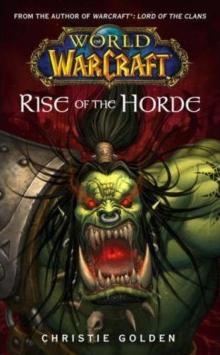 Rise of the Horde
Rise of the Horde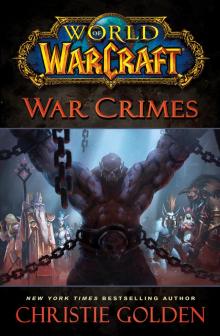 World of Warcraft: War Crimes
World of Warcraft: War Crimes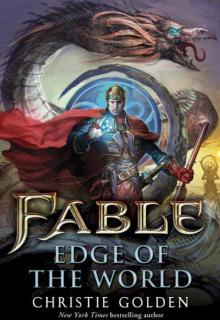 Fable: Edge of the World
Fable: Edge of the World Homecoming
Homecoming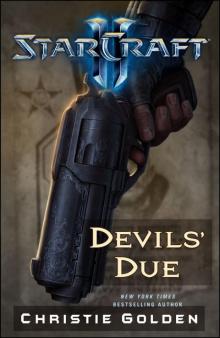 StarCraft II: Devil's Due
StarCraft II: Devil's Due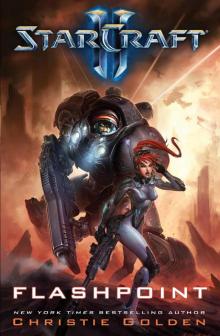 Starcraft II: Flashpoint
Starcraft II: Flashpoint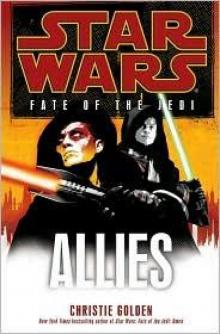 Allies
Allies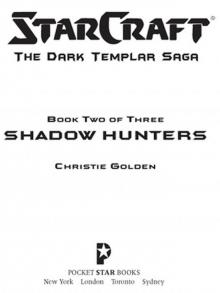 Shadow Hunters
Shadow Hunters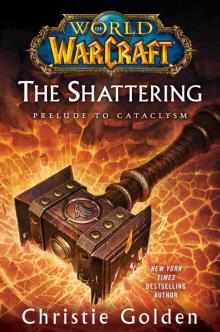 The Shattering: Prelude to Cataclysm wowct-1
The Shattering: Prelude to Cataclysm wowct-1 STAR TREK: VOY - Homecoming, Book Two - The Farther Shore
STAR TREK: VOY - Homecoming, Book Two - The Farther Shore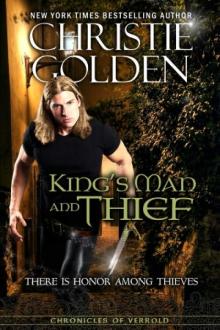 King's Man and Thief
King's Man and Thief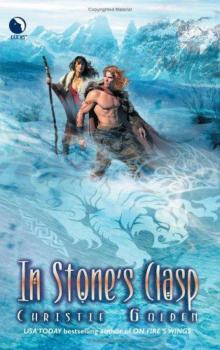 In Stone's Clasp
In Stone's Clasp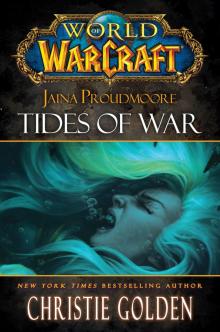 Jaina Proudmoore: Tides of War
Jaina Proudmoore: Tides of War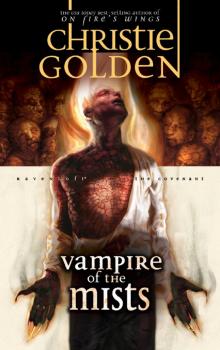 Vampire of the Mists
Vampire of the Mists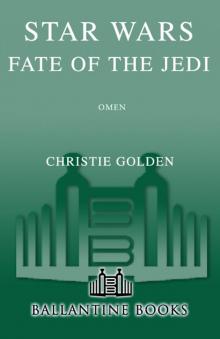 Star Wars: Fate of the Jedi II: Omen
Star Wars: Fate of the Jedi II: Omen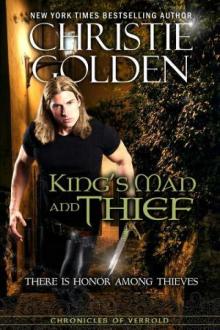 King's man and thief cov-2
King's man and thief cov-2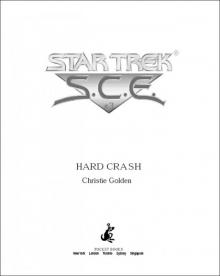 Star Trek
Star Trek StarCraft: Dark Templar: Twilight
StarCraft: Dark Templar: Twilight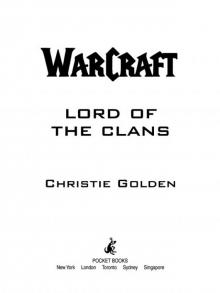 Lord Of The Clans
Lord Of The Clans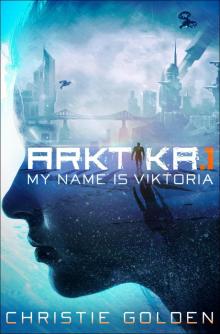 ARKTIKA.1 (Short Story)
ARKTIKA.1 (Short Story)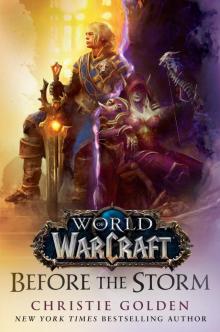 Before the Storm
Before the Storm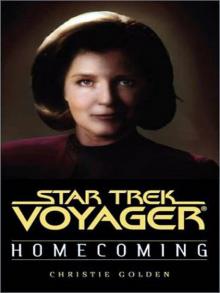 STAR TREK: VOY - Homecoming, Book One
STAR TREK: VOY - Homecoming, Book One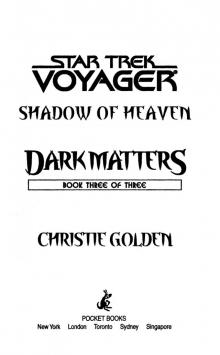 Shadow of Heaven
Shadow of Heaven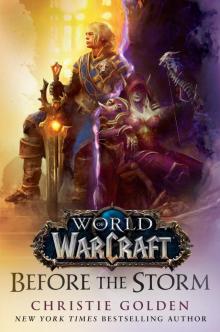 Before the Storm (World of Warcraft)
Before the Storm (World of Warcraft)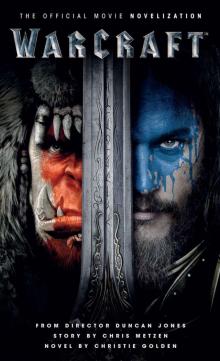 Warcraft Official Movie Novelization
Warcraft Official Movie Novelization Flashpoint
Flashpoint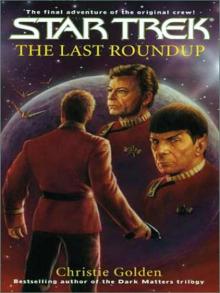 STAR TREK: The Original Series - The Last Roundup
STAR TREK: The Original Series - The Last Roundup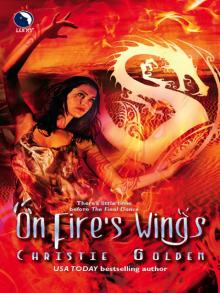 On Fire’s Wings
On Fire’s Wings Spirit Walk, Book One
Spirit Walk, Book One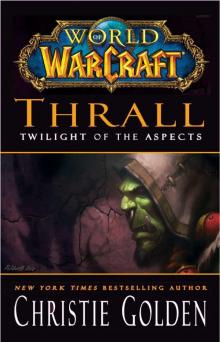 Thrall Twilight of the Aspects
Thrall Twilight of the Aspects Valerian and the City of a Thousand Planets
Valerian and the City of a Thousand Planets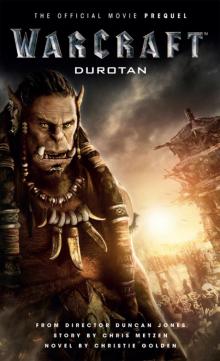 Warcraft
Warcraft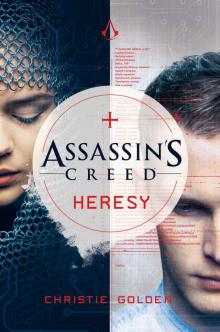 Assassin's Creed: Heresy
Assassin's Creed: Heresy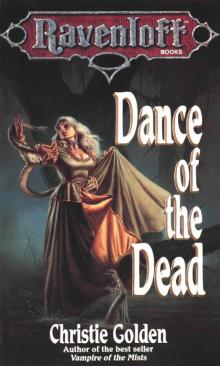 Dance of the Dead
Dance of the Dead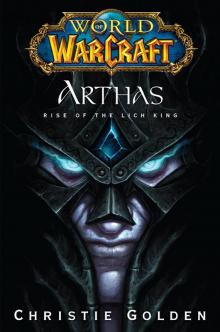 Arthas: Rise of the Lich King wow-6
Arthas: Rise of the Lich King wow-6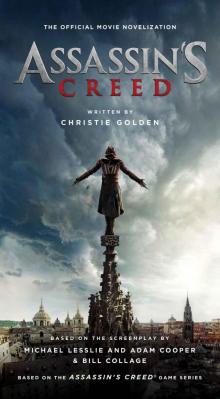 Assassin's Creed: The Official Movie Novelization
Assassin's Creed: The Official Movie Novelization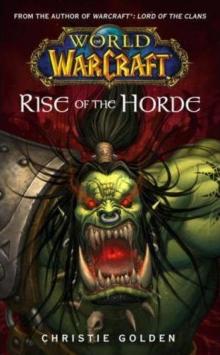 Rise of the Horde wow-2
Rise of the Horde wow-2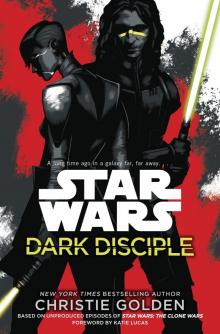 Dark Disciple
Dark Disciple Ghost Dance
Ghost Dance The Shattering
The Shattering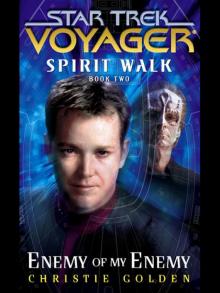 Spirit Walk, Book Two
Spirit Walk, Book Two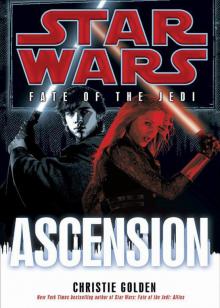 Star Wars: Fate of the Jedi: Ascension
Star Wars: Fate of the Jedi: Ascension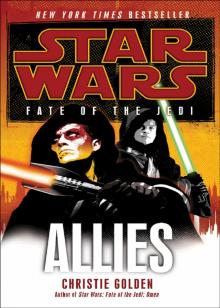 Star Wars: Fate of the Jedi V: Allies
Star Wars: Fate of the Jedi V: Allies The Enemy Within
The Enemy Within Kindred Spirits
Kindred Spirits The Farther Shore
The Farther Shore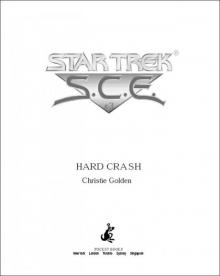 Star Trek: Hard Crash (Star Trek: Starfleet Corps of Engineers Book 3)
Star Trek: Hard Crash (Star Trek: Starfleet Corps of Engineers Book 3) Twilight
Twilight